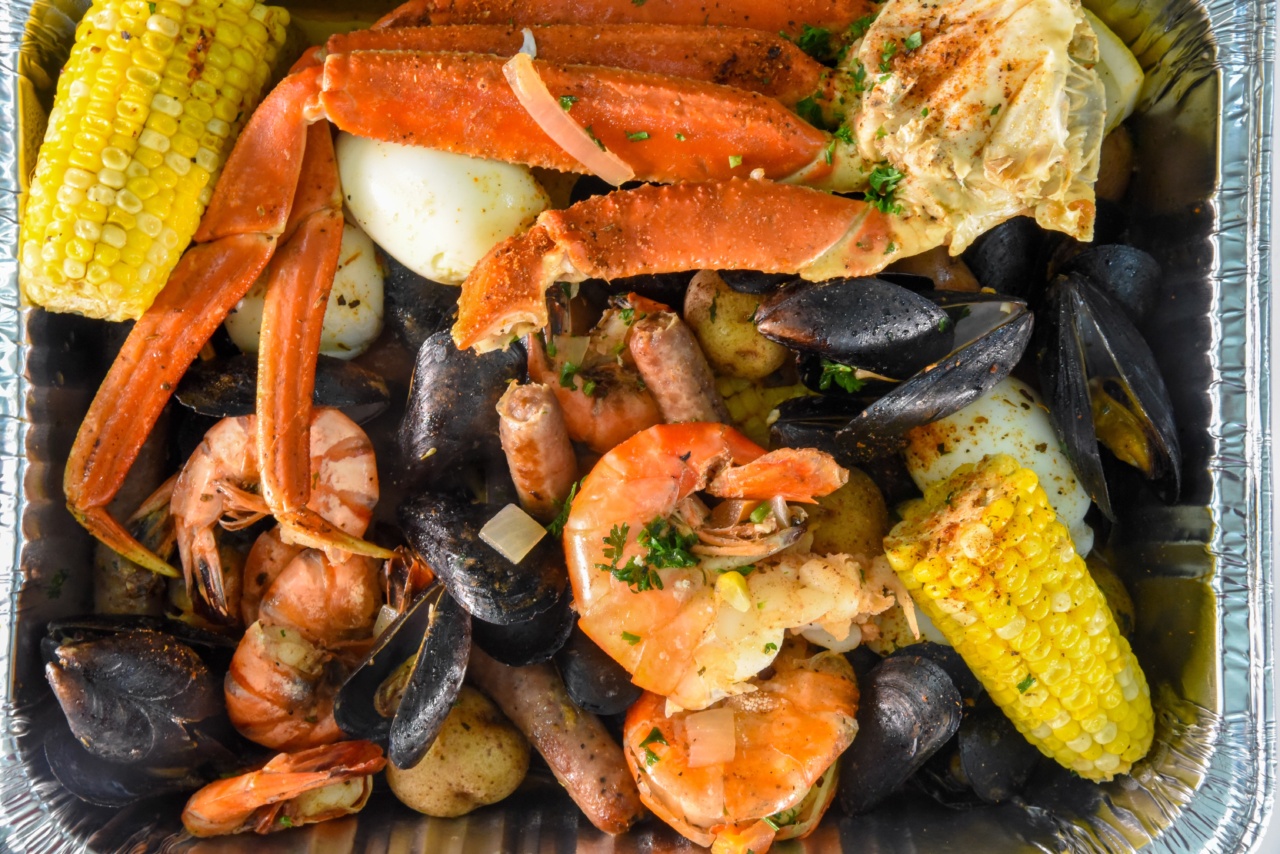A balanced diet is essential for optimal health and well-being, providing the necessary nutrients, vitamins, and minerals to support bodily functions.
While meat protein is often considered a main source of protein, there are various other non-meat alternatives that can provide adequate protein intake. Whether you’re a vegetarian or simply looking to reduce your meat consumption, this article will explore how to maintain a balanced diet without meat protein.
Understanding Protein and Its Importance
Protein is a macronutrient that plays a crucial role in the body. It is responsible for building and repairing tissues, producing enzymes and hormones, supporting immune function, and providing energy.
While meat is a rich source of protein, it is not the only option available.
Plant-Based Protein Sources
1. Legumes: Legumes such as lentils, chickpeas, and beans are excellent sources of protein. They are also high in fiber, iron, and folate. Incorporate legumes into your diet through dishes like lentil soup, chickpea curry, or black bean burgers.
2. Quinoa: Quinoa is a complete protein, meaning it contains all the essential amino acids the body needs. It is also rich in fiber, magnesium, and iron. Use quinoa as a base for salads or as a substitute for rice in various dishes.
3. Tofu and Tempeh: Tofu and tempeh are plant-based protein sources derived from soybeans. Both are versatile and can be used in a variety of dishes, such as stir-fries, curries, or even grilled as a meat substitute.
4. Seitan: Seitan, also known as wheat meat, is a high-protein meat substitute made from gluten. It has a texture similar to meat, making it an excellent choice for dishes like stir-fries, stews, or vegan sandwiches.
5. Nuts and Seeds: Almonds, walnuts, chia seeds, and hemp seeds are all examples of nuts and seeds that provide not only protein but also healthy fats and essential nutrients.
Sprinkle them on salads or include them in smoothies for an added protein boost.
Incorporating Dairy and Eggs
If you consume dairy products and eggs, they can also be included in your balanced diet to ensure an adequate intake of protein.
1. Greek Yogurt: Greek yogurt is an excellent source of protein and works well as a breakfast or snack option. Choose plain or unsweetened varieties and add fresh fruits or nuts for extra flavor and nutrients.
2. Cottage Cheese: Cottage cheese is another protein-rich dairy option that can be enjoyed on its own, paired with fruits or used as a topping on whole-grain crackers or bread.
3. Eggs: Eggs are a complete protein source and can be prepared in various ways. From omelets and scrambled eggs to boiled or poached eggs, they are a versatile and nutritious addition to your diet.
Ensuring a Balanced Macronutrient Distribution
While it’s important to focus on protein sources, a balanced diet also requires attention to other macronutrients:.
1. Carbohydrates: Incorporate whole grains like brown rice, quinoa, whole wheat bread, and oats to provide a sustained release of energy. Fruits, vegetables, and legumes also contribute valuable carbohydrates.
2. Fats: Include healthy fats from sources like avocados, olive oil, nuts, and seeds. These provide essential fatty acids, support brain health, and promote nutrient absorption.
3. Micronutrients: Consume a variety of fruits and vegetables to obtain essential vitamins and minerals. Leafy greens, citrus fruits, berries, and colorful vegetables are particularly rich in essential nutrients.
Supplements for Nutritional Support
In some cases, supplements can be helpful in ensuring that your diet remains balanced and nutritionally adequate. Speak to a healthcare professional or registered dietitian to determine if supplements are necessary based on your individual needs.
1. Vitamin B12: This nutrient is primarily found in animal-based foods. Vegetarians and vegans may need to supplement with vitamin B12 to prevent deficiency.
2. Omega-3 Fatty Acids: While plant-based sources of omega-3s exist, such as flaxseeds and walnuts, omega-3 supplements derived from algae can provide a direct source of the essential fatty acids found in fish.
Balanced Meal Ideas
1. Quinoa and black bean salad with roasted vegetables and avocado slices.
2. Tofu stir-fry with a variety of vegetables and served over brown rice.
3. Chickpea curry with spinach and served with whole wheat naan bread.
4. Lentil soup with a side of mixed greens topped with nuts and seeds.
5. Greek yogurt parfait with fresh fruits, nuts, and a drizzle of honey.
Conclusion
Adopting a balanced diet without meat protein is entirely possible by incorporating a wide variety of plant-based protein sources, dairy products, and eggs.
By maintaining a focus on macronutrient distribution and including a diverse range of fruits, vegetables, whole grains, and healthy fats, you can ensure optimal nutrition and support overall health.






























